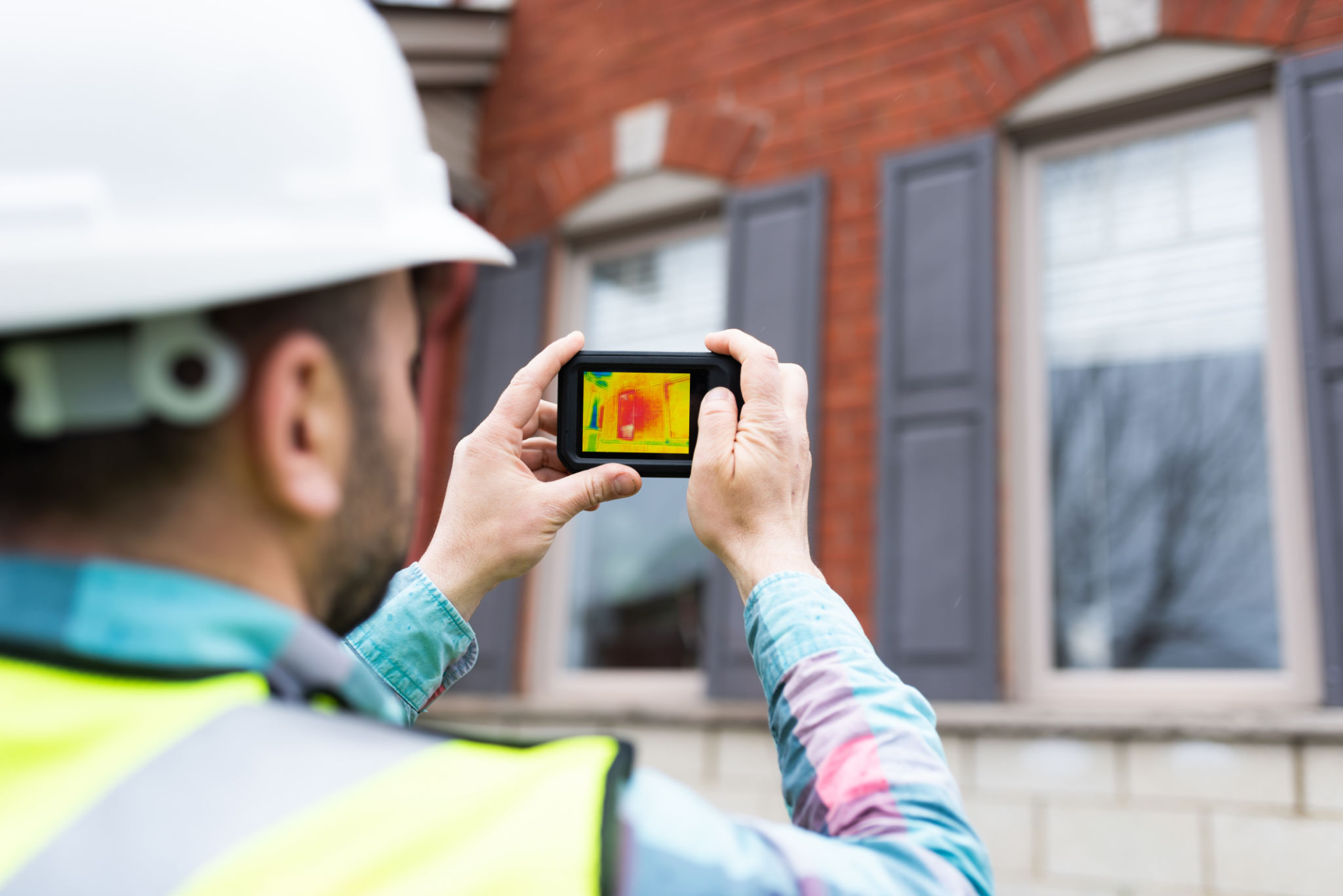Maximizing Efficiency with Smart Building Solutions in Zuid-Holland
Td
Introduction to Smart Building Solutions
As the world continues to embrace digital transformation, the concept of smart buildings has emerged as a pivotal trend in architecture and facility management. Smart building solutions are not only revolutionizing how structures are designed but also how they operate, ensuring maximum efficiency, sustainability, and occupant comfort. In Zuid-Holland, a region known for its innovative spirit, the adoption of smart building technologies is gaining momentum.

The Components of Smart Building Solutions
Smart buildings integrate advanced systems to optimize energy use, enhance security, and improve overall functionality. These technologies often include automated lighting, heating, ventilation, and air conditioning (HVAC) systems. Additionally, smart sensors and IoT devices play a crucial role in monitoring and controlling building operations in real time.
By leveraging data analytics and machine learning, smart building solutions can predict maintenance needs, reduce downtime, and significantly cut energy costs. This data-driven approach is particularly beneficial in large commercial properties where small inefficiencies can lead to substantial expenses over time.
Benefits for Businesses and Occupants
Implementing smart building solutions offers numerous advantages for businesses and their occupants. Key benefits include:
- Energy Efficiency: Automated systems adjust energy usage based on occupancy and natural light, reducing waste.
- Cost Savings: Lower energy consumption translates to reduced utility bills, while predictive maintenance minimizes repair costs.
- Enhanced Comfort: Smart HVAC and lighting systems create optimal indoor environments for productivity and well-being.

Sustainability and Environmental Impact
As concerns about climate change and environmental sustainability grow, smart building solutions offer a pathway to greener living. By minimizing energy consumption and utilizing renewable resources, these technologies help reduce the carbon footprint of buildings. In Zuid-Holland, where environmental initiatives are a priority, smart buildings align with regional sustainability goals.
Moreover, the integration of renewable energy sources such as solar panels can be seamlessly managed by smart systems, further enhancing the sustainability of these structures.
Challenges and Considerations
While the advantages of smart building solutions are evident, there are challenges to consider. The initial investment in technology and infrastructure can be substantial. However, this cost is often offset by long-term savings in energy and maintenance.
Additionally, ensuring data security is crucial as smart buildings rely heavily on connected devices that could be vulnerable to cyber threats. Implementing robust cybersecurity measures is essential to protect sensitive data and maintain system integrity.

The Future of Smart Buildings in Zuid-Holland
The outlook for smart buildings in Zuid-Holland is promising. As more businesses recognize the benefits of these technologies, the demand for smart solutions will likely increase. Collaboration between technology providers, construction companies, and government bodies will be key to accelerating the adoption of smart building solutions across the region.
In conclusion, maximizing efficiency with smart building solutions is not just a trend but a necessity for sustainable growth in Zuid-Holland. By embracing these innovations, businesses can enhance operational efficiency while contributing to a greener future.
